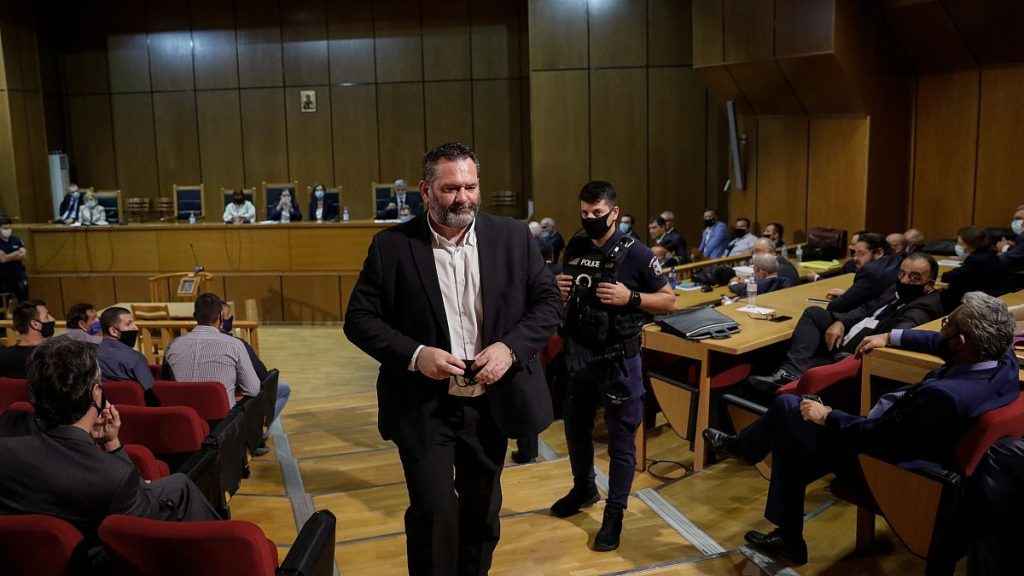The European Parliament has been ordered to publish details of expense claims made by Golden Dawn MEP Ioannis Lagos, who continued to claim a salary and expenses even after being sentenced to 13 years in jail. This decision was made in response to a request for information in order to enhance public scrutiny and accountability regarding Lagos’ access to public funds. Activists have welcomed this ruling, emphasizing the lack of accountability when public funds are made available to convicted criminals. The hope is for a change in culture and greater openness in the future, as MEPs are elected representatives and accountability should be a given.
Lagos had access to over €100,000 in funds during the seven-month period between his conviction and the Parliament agreeing to lift his immunity. This raised concerns as Lagos had reportedly considered fleeing the EU to evade justice, potentially using taxpayer-funded travel expenses. The ruling comes amid increasing scrutiny of far-right MEPs, with police recently searching the offices of Maximilian Krah, a lead candidate for Germany’s Alternative für Deutschland party, following the arrest of his assistant for alleged spying for China. A report by Transparency International highlighted the large earnings outside of official salary and allowances that MEPs can make from holding second jobs under current Parliament rules.
The case of Ioannis Lagos highlights the lack of transparency and accountability surrounding the use of public funds by MEPs. The ruling to publish expense claims aims to address this issue and provide enhanced public scrutiny. Activists view this decision as a step in the right direction towards holding elected representatives accountable for their actions, particularly in cases involving convicted criminals. The hope is for a change in the culture of the European Parliament to promote greater openness and accountability.
The ongoing scrutiny of far-right MEPs, such as Maximilian Krah, further emphasizes the need for transparency in the use of public funds and adherence to ethical standards by elected officials. The search of Krah’s offices and the arrest of his assistant for alleged spying for China illustrate the potential risks associated with unethical behavior by MEPs. The report by Transparency International underscores the significant earnings that MEPs can make from secondary positions, raising concerns about potential conflicts of interest and the need for stricter ethical guidelines.
Moving forward, it is essential for the European Parliament to ensure the implementation of the ruling to publish expense claims and uphold transparency in the use of public funds by MEPs. This decision marks a step towards greater accountability and scrutiny of elected officials, particularly in cases involving criminal convictions. The hope is that this ruling will lead to a change in the culture of the European Parliament, promoting greater openness and ethical behavior among MEPs. Ultimately, the goal is to restore public trust in the integrity and accountability of elected representatives within the EU.













